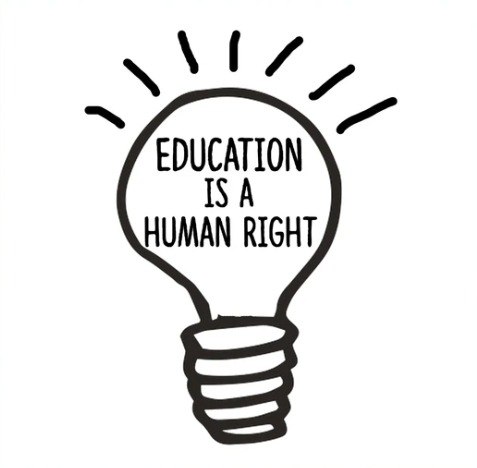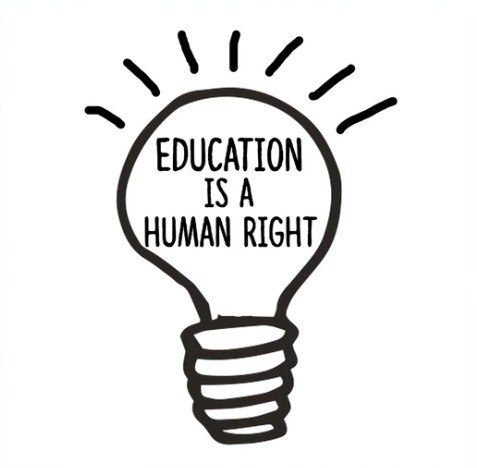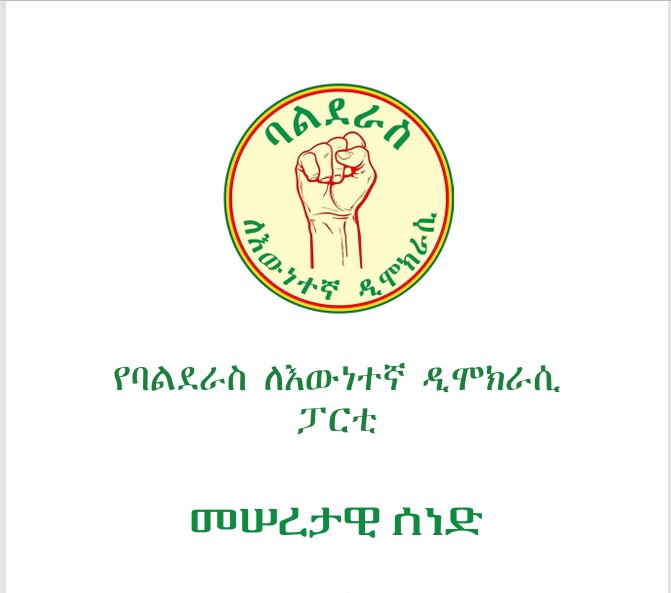Ethiopia’s Education Crisis: Abiy Ahmed’s War and the Systematic Discrimination Against Amhara Region Students

A severe and systematic violation of the human right to education has emerged in Ethiopia, where ongoing conflicts—primarily stemming from Prime Minister Abiy Ahmed’s administration’s failure to negotiate peace in the Amhara region—have pushed millions of children out of school and destroyed thousands of educational facilities across the country. According to data from the United Nations Office for the Coordination of Humanitarian Affairs (UNOCHA), this educational catastrophe ranks among the most severe globally, with devastating long-term implications for Ethiopia’s development and social stability.
The scale of this crisis continues to worsen with each passing month. According to the most recent available data, approximately 13 million school-age children remain excluded from the education system nationwide. The Ministry of Education’s own figures reveal the staggering disparity between political promises and harsh reality. Current enrollment in the Amhara region stands at a catastrophic 1.5 million students—representing a mere 21% of the regional government’s target of 7 million. The ongoing military campaign in the region has directly resulted in over 2.6 million Amhara students being denied their right to education entirely last year, with no significant improvement in sight as the administration continues to prioritize military operations over educational recovery.
The physical destruction of educational infrastructure reveals a disturbing pattern of regional discrimination. More than 8,500 schools have been destroyed nationwide, with an alarming 75% of the 5,500+ closed schools concentrated in the Amhara region, according to the Ethiopian Human Rights Commission. This disproportionate impact exposes the Abiy administration’s targeted approach that has created an educational desert in one of the country’s most populous areas while simultaneously claiming educational progress elsewhere.
The stark double standard in educational access has become impossible to ignore. While the Abiy administration proudly showcases educational feeding programs for 800,000 students in Addis Ababa and claims educational enrollment of 12.6 million in Oromia, Amhara students continue to face systematic exclusion from their right to education. This two-tiered system represents a clear pattern of discrimination, with children in the Amhara region denied the educational opportunities readily available to their peers in administration-favored regions.
These statistics represent clear violations of multiple international human rights instruments, including Article 26 of the Universal Declaration of Human Rights and Article 13 of the International Covenant on Economic, Social and Cultural Rights, both of which establish education as a fundamental human right. Additionally, Ethiopia’s own constitution guarantees all citizens—regardless of ethnicity or region—the right to education, a commitment that has been systematically undermined by the administration’s prioritization of political military campaigns over human rights.
The consequences of this educational collapse extend far beyond the classroom. Reports indicate a dramatic increase in child marriage, particularly among female students forced out of school in the Amhara region, violating Article 21(2) of the African Charter on the Rights and Welfare of the Child. While children in Addis Ababa receive school meals and educational supplies, Amhara children face early marriage, child labor, and permanent educational exclusion—a human rights disparity that underscores the administration’s discriminatory governance.
Prime Minister Abiy Ahmed’s administration continues to project an image of progress and stability in international forums, even as it wages relentless war in the Amhara region that has decimated the educational system. This disconnect between rhetoric and reality mirrors patterns seen in other sectors, where government claims of reform and development stand in stark contrast to documented human rights regressions and politically motivated crackdowns.
The international community must recognize the education crisis in Ethiopia—particularly the systematic discrimination against Amhara students—as a human rights emergency requiring immediate intervention. The United Nations Human Rights Council and other international organizations must demand that the Abiy administration immediately cease military operations in the Amhara region and negotiate a meaningful peace that prioritizes children’s right to education over political power struggles.
The Abiy administration must be held accountable for its failure to protect the right to education and must immediately end the war in the Amhara region, engage in genuine peace negotiations, allocate emergency resources to rebuild schools in conflict-affected areas, provide equal educational opportunities to all Ethiopian children regardless of ethnicity or region, ensure safe passage for teachers and students to return to school, and allow international education and human rights monitors unfettered access to all regions. Without these crucial steps, the educational system will continue to collapse under the weight of political violence and discrimination.
This educational catastrophe represents not merely a temporary disruption but a profound human rights crisis stemming directly from the Abiy administration’s prioritization of political power consolidation over citizens’ fundamental rights. Without immediate cessation of hostilities in the Amhara region and international accountability measures, an entire generation of Amhara children will be denied their fundamental right to education, with devastating consequences for the country’s long-term prospects for peace, development, and democratic governance.
© Written by Yaphet Teffera, North America Support Group


